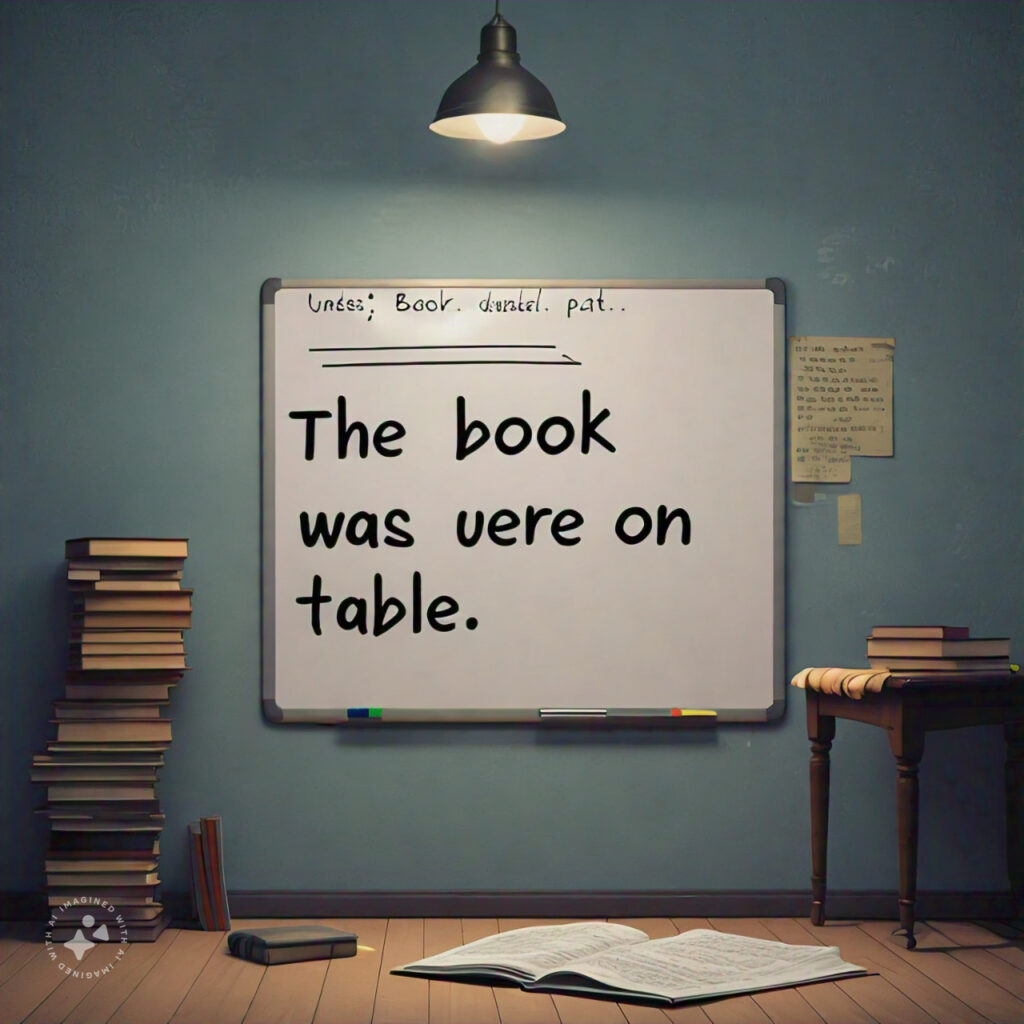In Spanish, the verbs “estuve” and “estaba” can be confusing for language learners. Here’s a breakdown of their differences, along with examples in both Spanish and English.
Estuve (I was)
-
Used for completed actions in the past.
-
Translates to “I was” or “I was in” (indicating presence at a specific place or event).
Spanish Examples:
-
Estuve en Madrid el año pasado. (I was in Madrid last year.)
-
Estuve enfermo durante una semana. (I was sick for a week.)
Estaba (I was)
-
Used for ongoing or habitual actions in the past.
-
Translates to “I was” or “I was -ing” (indicating ongoing action).
Spanish Examples:
-
Estaba estudiando cuando sonó el teléfono. (I was studying when the phone rang.)
-
Estaba viviendo en Barcelona antes de mudarme a Madrid. (I was living in Barcelona before moving to Madrid.)
Key Differences
-
“Estuve” emphasizes completion, while “estaba” emphasizes ongoing action.
-
“Estuve” describes specific, completed events; “estaba” describes ongoing or habitual situations.
Practice Tips
-
Use “estuve” for completed past actions.
-
Use “estaba” for ongoing or habitual past actions.
Estuve conjugaciones:
-
Yo estuve
-
Tú estuviste
-
Él/ella/usted estuvo
-
Nosotros/as estuvimos
-
Ellos/as estuvieron
Ejemplos en español:
-
Estuve en Madrid el año pasado. I was in Madrid last year.
-
Estuve enfermo durante una semana. I was sick for a week.
Estaba conjugaciones:
-
Yo estaba
-
Tú estabas
-
Él/ella/usted estaba
-
Nosotros/as estábamos
-
Ellos/as estaban
Ejemplos en español:
-
Ayer estuve en el centro comercial todo el día. Yesterday, I was at the mall all day.
- Cuando era niño, siempre estaba en casa de mis abuelos los fines de semana. When I was a child, I was always at my grandparents’ house on weekends.
- Estuve estudiando para el examen toda la noche. I was studying for the exam all night.
- Mientras estaba en la reunión, me llamaron varias veces. While I was in the meeting, they called me several times.
- Estuve muy cansado después de la caminata de ayer. I was very tired after yesterday’s hike.
- Estaba muy nervioso antes de dar mi presentación. I was very nervous before giving my presentation.
- La semana pasada estuve en la playa con mis amigos. Last week, I was at the beach with my friends.
- Estaba trabajando en el proyecto cuando me di cuenta de un error. I was working on the project when I noticed a mistake.
- Estaba estudiando cuando sonó el teléfono. I was studying when the phone rang.
Diferencias clave
-
“Estuve” enfatiza la completitud, mientras que “estaba” enfatiza la acción en curso.
-
“Estuve” describe eventos específicos y completados; “estaba” describe situaciones habituales o en curso.
Practice Exercises
Complete the sentences with “estuve” or “estaba”:
-
________ en la playa todo el día. I ________ at the beach all day.
-
________ estudiando para el examen cuando me llamaste. I ________ studying for the exam when you called me.
-
Ayer ___ en casa porque no me sentía bien. Yesterday, I ___ at home because I wasn’t feeling well.
-
Cuando llegaste, yo ___ en el supermercado haciendo las compras. When you arrived, I ___ at the supermarket doing the shopping.
-
___ de viaje la semana pasada, por eso no pude asistir a la reunión. I ___ on a trip last week, so I couldn’t attend the meeting.
-
Mientras ___ en la biblioteca, encontré un libro interesante. While I ___ at the library, I found an interesting book.
- ___ muy ocupado con el trabajo la semana pasada. I ___ very busy with work last week.
-
Ayer en la noche, ___ muy cansado después del partido. Last night, I ___ very tired after the game.
-
No sabía dónde ___ cuando empezó la tormenta. I didn’t know where I ___ when the storm started.
-
Cuando llegué, tú ya ___ en la fila del banco. When I arrived, you were already ___ in line at the bank.
-
___ muy nervioso antes de la entrevista de trabajo. I ___ very nervous before the job interview.








